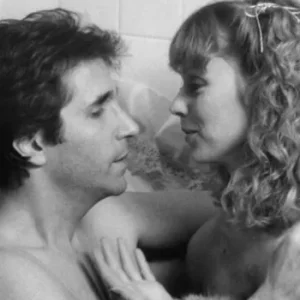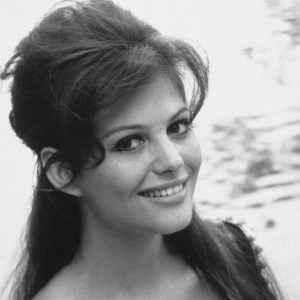Archie Bunker, the brash and often controversial patriarch from the groundbreaking 1970s sitcom All in the Family, remains a cultural icon for his unfiltered takes on society. Portrayed by the legendary Carroll O’Connor, Bunker was a satirical embodiment of the working-class American, grappling with a rapidly evolving world. His blunt, outdated views were intentionally exaggerated to highlight societal ignorance and provoke conversations about prejudice and change.
In one particularly memorable episode, Bunker’s staunch patriotism takes center stage as he clashes with his free-spirited son-in-law over “The Star-Spangled Banner.” When the younger man criticizes the national anthem as a “terrible song,” Archie responds with a fiery and comedic defense, showcasing his deep-rooted belief in traditional American values. The scene underscores both the humor and the tension that defined his character—proudly rooted in the past but forced to confront the social upheavals of the 1970s.
Archie Bunker’s character, while a reflection of his era, would undoubtedly face significant backlash in today’s cultural climate. His unapologetic critiques of “woke” culture and his unwavering adherence to old-school ideals would likely make him a polarizing figure, sparking heated debates on social media. Yet, his satirical portrayal serves as a time capsule, capturing the resistance many felt during a period of societal transformation.
Imagining how Archie would react to modern debates about the national anthem or contemporary social movements offers a lens into how far societal norms have shifted. His character, both flawed and humorous, continues to provoke thought about patriotism, progress, and the complexities of cultural change.
Archie Bunker, the brash and often controversial patriarch from the groundbreaking 1970s sitcom All in the Family, remains a cultural icon for his unfiltered takes on society. Portrayed by the legendary Carroll O’Connor, Bunker was a satirical embodiment of the working-class American, grappling with a rapidly evolving world. His blunt, outdated views were intentionally exaggerated to highlight societal ignorance and provoke conversations about prejudice and change.
In one particularly memorable episode, Bunker’s staunch patriotism takes center stage as he clashes with his free-spirited son-in-law over “The Star-Spangled Banner.” When the younger man criticizes the national anthem as a “terrible song,” Archie responds with a fiery and comedic defense, showcasing his deep-rooted belief in traditional American values. The scene underscores both the humor and the tension that defined his character—proudly rooted in the past but forced to confront the social upheavals of the 1970s.
Archie Bunker’s character, while a reflection of his era, would undoubtedly face significant backlash in today’s cultural climate. His unapologetic critiques of “woke” culture and his unwavering adherence to old-school ideals would likely make him a polarizing figure, sparking heated debates on social media. Yet, his satirical portrayal serves as a time capsule, capturing the resistance many felt during a period of societal transformation.
Imagining how Archie would react to modern debates about the national anthem or contemporary social movements offers a lens into how far societal norms have shifted. His character, both flawed and humorous, continues to provoke thought about patriotism, progress, and the complexities of cultural change.





